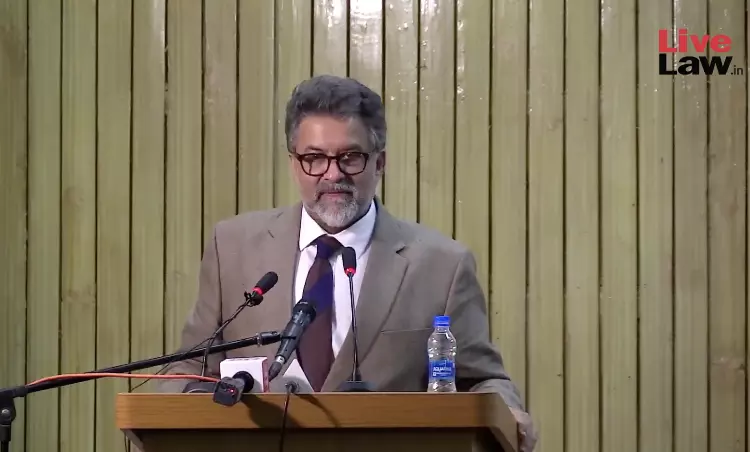Senior Advocate Aditya Sondhi expressed concerns about the impression which is gaining among the members of the bar that they have to be aligned in a particular political way to be considered for judgeship."We need to look at the impression that is gaining ground - that the executive is all powerful, that the bar needs to be in a particular way for it to be eligible. Trust me, that impression...

